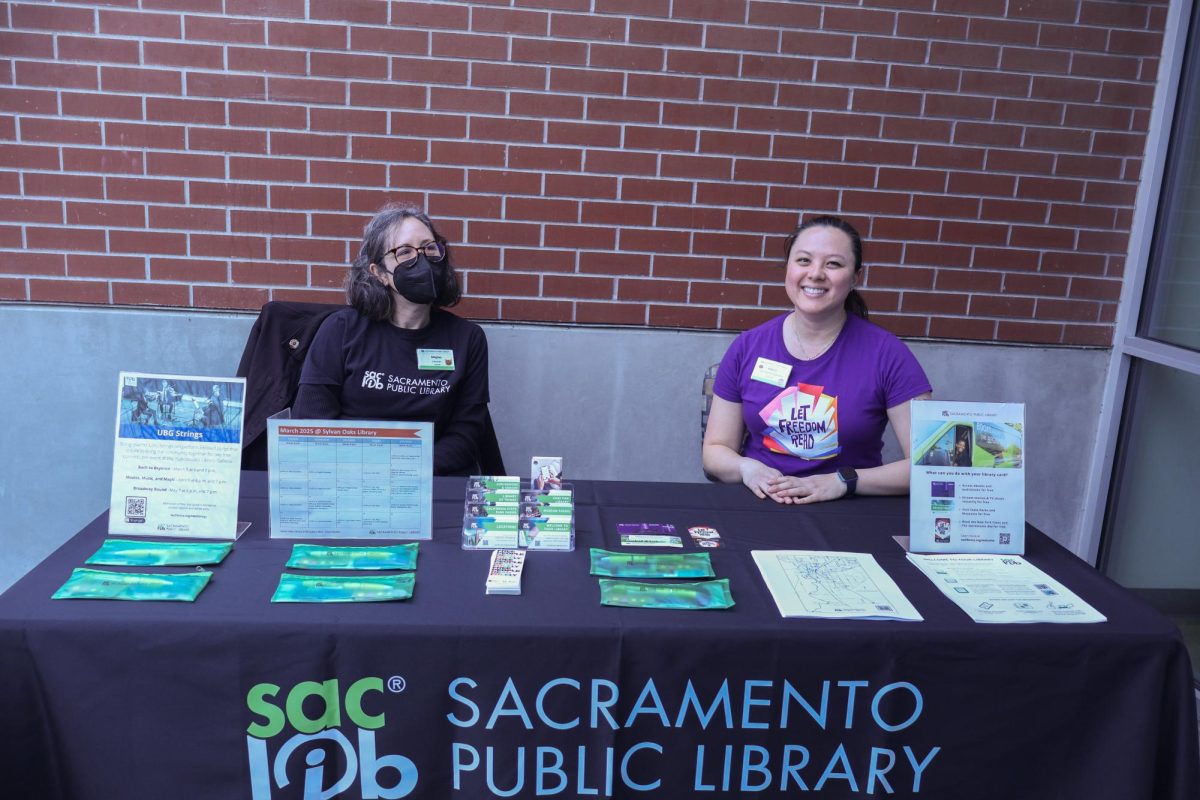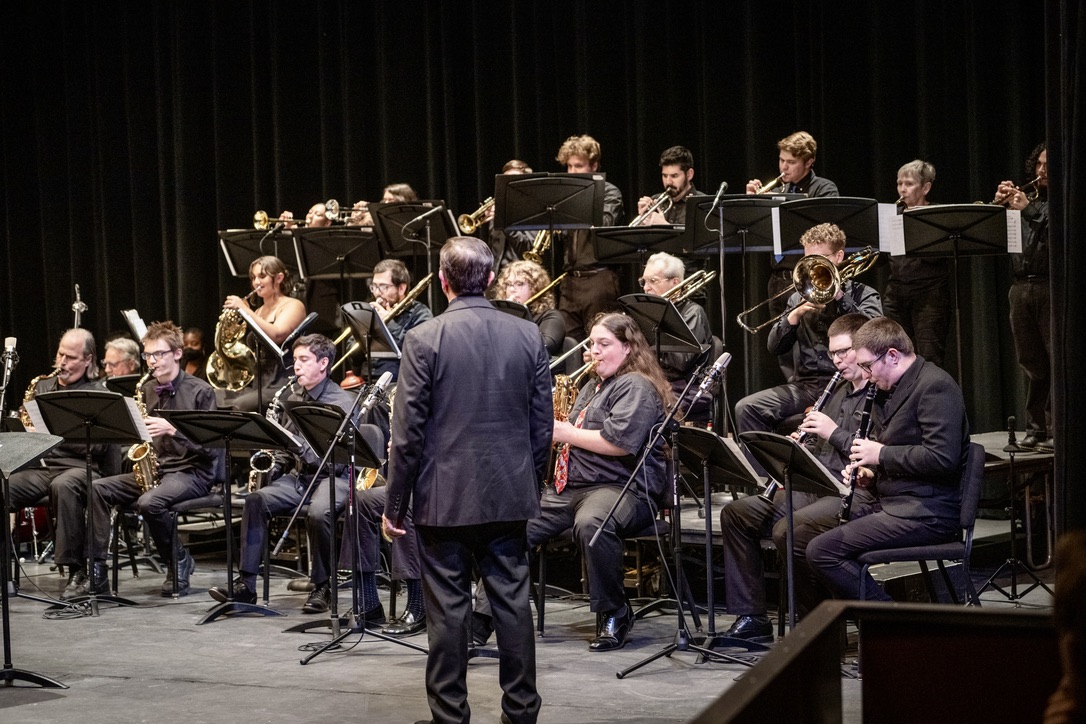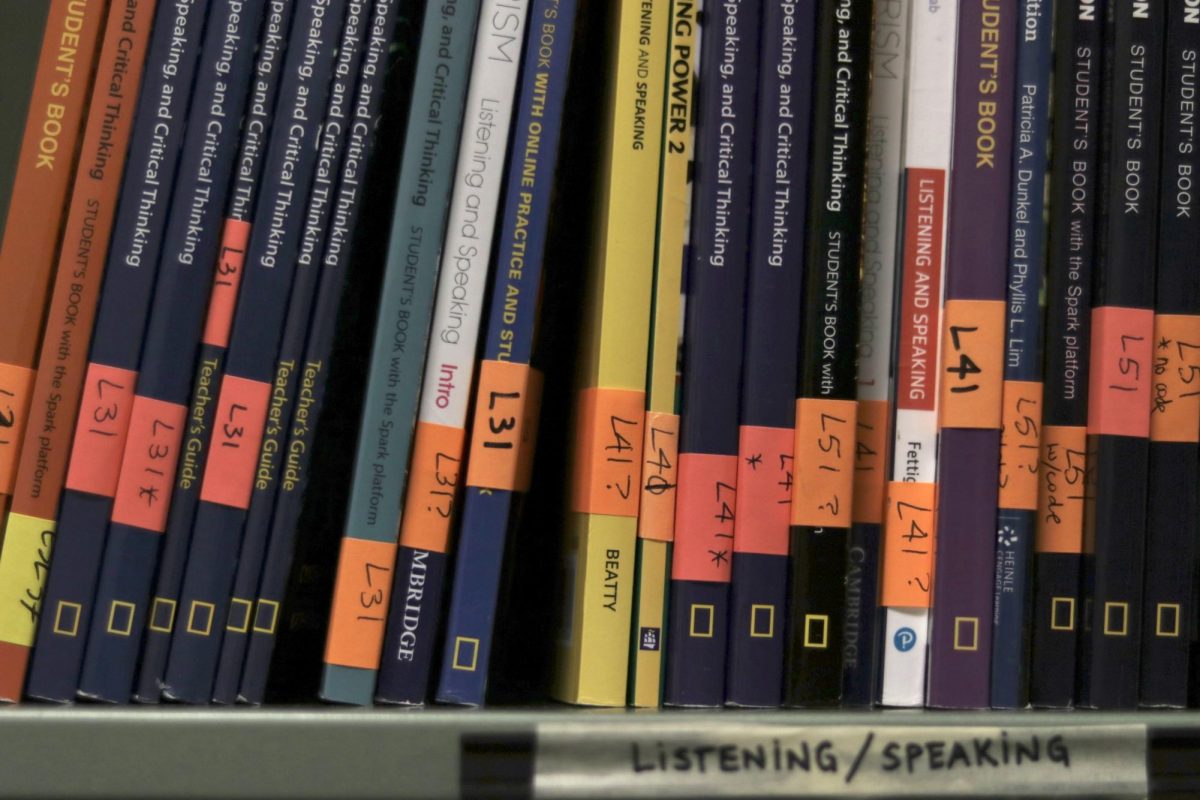Eighty-two community colleges met in San Jose for the Student Senate of California Community College’s 2011 Fall General Assembly on Nov. 3-6 to present, debate, and vote upon resolutions such as student services, student rights and freedoms, and environmental and sustainability, issues that may one day become statewide policies affecting community college students.
“It went really well,” said Interclub Council President Tyler Carpadus. “It was really productive, a lot of business was covered. A lot of (the resolutions) were aimed at student success.”
The SSCCC is a nonprofit statewide structure recognized as the official advocacy group for student voices. Its memberships include community colleges’ student body associations and other organizations composed entirely of students. Lead by Associated Student Body President Craig Bundy, ten members of the American River College senate team attended the assembly.
Over the course of 12 hours, members of the General Assembly presented, discussed and debated upon 71 resolutions (including amendments to change a resolution). Voting followed to determine which resolutions would accompany the SSCCC to the chancellor’s office for further action. It is the SSCCC’s responsibility to ensure the student’s voices are heard in working with the chancellor’s office, state academic officials, and other outside groups to possibly turn these resolutions into legislations.
According to Bundy, with degree achievement rates pretty low statewide, it was important to address the obstacles students faced, including course availabilities, classroom impaction, and being adequately prepared and equipped for transfers to four-year institutions.
Among some of the issues the assembly covered was a review of former governor Arnold Schwarzenegger’s Student Success Task Force bill approved in 2010, a legislation focused on improving student success rates. “It was the portion (of the assembly) that got the most attention from schools,” said Bundy.
Other resolutions included textbook reforms, efforts to make books for affordable; scholarships for service men and women who were discharged due to their sexual orientation before the repeal of “Don’t Ask, Don’t Tell,” making them unable to receive their G.I. Bill benefits; and calling for more educational opportunities and services for students with developmental disabilities.
Also part of the extensive list of resolutions was one calling attention to reinstating a reduced course load requirement for international students. Authored by former ARC student G.Q. Dlamini, the resolution urged colleges to return the mandated maintenance of 12 units back to no less than six. “We’re thrilled,” said Bundy, “It would alleviate a lot of burden (for our international students).” Without the advantages of priority registrations, many students had to take classes they didn’t need in order to meet the requirements for funding and resources. ARC currently hosts approximately 180 international students.
Green technology has also been a growing commitment. The excitement in utilizing new technology such as solar energy and finding more efficient office solutions was “positive and promising,” said Bundy, who was interested in seeing where the issue would go with the chancellor.
Students interested in these matters, or who’d like their opinions heard are encouraged to attend the ASB meetings and talk to senates. Policies covered at the General Assembly will be available in the Campus Life office.







